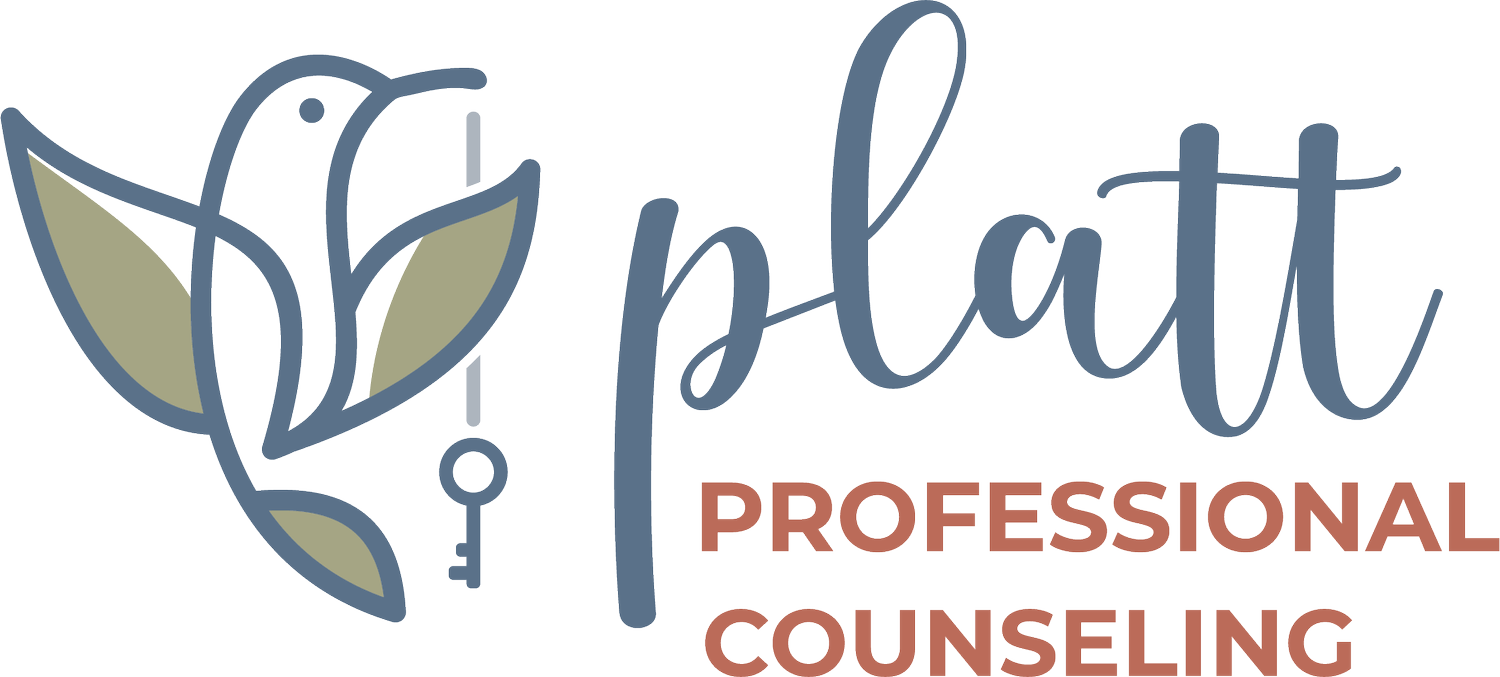3 Practices to Strengthen Communication in Relationships
Unlocking the Secrets to Better Communication
Communication is the lifeblood of any relationship. Whether it's with a partner, family member, friend, or colleague, effective communication lays the foundation for understanding, connection, and harmony.
Yet, despite its paramount importance, many of us find ourselves struggling to communicate effectively in our relationships.
Did you know that 67.5% of marriages that ended did so primarily due to communication problems. Communication is not just nice-to-have; it's absolutely essential for the health and longevity of our relationships.
George Bernard Shaw said it well when he said, “The single biggest problem in communication is the illusion that it has taken place.”
Communication is hard … But here's the good news: improving communication doesn’t have to be complicated. In fact, often it's the small, everyday habits that make the biggest difference. In this blog post, we'll explore three simple practices that you can start implementing today to enhance communication in your relationships.
From active listening to dropping the defending and incorporating daily affirmations, these practices have the power to transform the way you connect with others and strengthen the bonds you share.
So, if you're ready to unlock the secrets to better communication and cultivate deeper, more meaningful relationships, let's dive in!
Practice 1: Active Listening
Active listening is not just about hearing; it's about understanding. It involves fully concentrating on what is being said rather than passively hearing the words. When you actively listen, you're not just waiting for your turn to speak; you're genuinely trying to comprehend the message being conveyed.
To practice active listening, focus on your conversation partner without distractions. Maintain eye contact, nod occasionally, and provide verbal cues like "I see" or "I understand" to show that you're engaged. It's essential to resist the urge to interrupt or offer solutions prematurely. Instead, allow the speaker to express themselves fully before responding.
Active listening also involves reflecting back what you've heard to ensure mutual understanding. Paraphrase what your partner said in your own words to confirm that you interpreted their message correctly. This not only demonstrates that you're actively listening but also validates your partner's feelings and perspectives.
By practicing active listening, you create a safe and supportive environment for communication to thrive. It fosters trust, empathy, and deeper connections in your relationships, ultimately leading to more meaningful interactions.
Practice 2: Drop the Defending
In conversations, especially during conflicts, the natural tendency is to defend ourselves when we feel criticized or challenged. However, constantly defending our actions can escalate tension and hinder effective communication. Dropping the defending mindset involves letting go of the need to justify ourselves and instead focusing on understanding the other person's perspective.
To practice dropping the defending, start by becoming aware of your defensive reactions. Notice when you feel the urge to explain or justify your behavior and pause before responding. Instead of immediately jumping to your defense, take a moment to consider the other person's viewpoint and how they might be feeling.
It's essential to listen with an open mind and resist the urge to counterattack. Validate the other person's feelings, even if you don't agree with their perspective. By acknowledging their emotions and concerns, you show respect and create a space for constructive dialogue.
Dropping the defending requires humility and vulnerability, but it can significantly improve communication and foster empathy in relationships. When you let go of the need to be right and focus on understanding each other, conflicts can be resolved more peacefully, and relationships can grow stronger.
Practice 3: Offer a Daily Affirmation
Incorporating daily affirmations into your routine can be a powerful way to strengthen communication in your relationships. Affirmations are positive statements that you share with another. When it comes to relationships, daily affirmations can help cultivate appreciation, empathy, and connection.
Start by setting a mindset that observes what others are doing well and why you appreciate that well. These could be things like, “I know you were nervous about your quarterly review at work, but you showed up with great courage.” Or it could be something like, “I appreciate how much of an effort you made to clean the house before we had company over.”
As you practice this daily habit of affirming the positive actions and qualities of your partner, you'll foster a deeper sense of connection and understanding. You'll become more attuned to the nuances of their behavior and more appreciative of their efforts to contribute to the relationship.
Over time, daily affirmations can transform the way you communicate with your partner, creating a more supportive and nurturing environment for both of you. By consistently acknowledging and celebrating each other's strengths, you'll strengthen the foundation of your relationship and cultivate a deeper sense of love and appreciation.
Upgrade Your Communication Skills
Doing these practices may seem simple but they’ll probably feel uncomfortable.
In the words of the famous TV Coach, Ted Lasso, “Taking on a challenge is a lot like riding a horse, isn't it? If you're comfortable while you're doing it, you're probably doing it wrong.”
Upgrading your communication skills will inevitably be challenging … that doesn’t mean you’re doing it wrong. Stick with it and do the hard work of improving your communication skills over time!
These simple yet powerful practices can lead to deeper understanding, empathy, and connection, ultimately enhancing the quality of your relationships and fostering a greater sense of closeness and intimacy. Start implementing these practices today and watch your relationships thrive.
Bonus Listening Exercise:
Gottman-Rapoport Listening Exercise
No one can engage in persuasion until both of you can state your loved one’s (LO) position to his/her satisfaction. Slow down. Support your LO to stay in “what’s this?” mode instead of “what the heck is this?” mode.
Take turns as:
Speaker:
No blaming, no “you” statements.
Talk about your feelings using “I feel” or “I’m” followed by an emotion (usually only one word such as “hurt”, “sad”, “confused” etc.)..
…about”.... and describe a specific behavior or situation, describe the behaviors as objectively as possible (avoid using “always” and “never”).
State a positive need (what you want – not what you don’t want; within every complaint, there is a longing and a recipe)
Listener:
Postpone your own agenda. Hear and respect the content of your speaker’s needs and perspective (the story).
Hear the speaker’s feelings (name emotions, feel them).
Validate the speaker by completing the sentence, “It makes sense to me that you would feel that way and have these needs, because…”
OK to ask questions, but always with a sense of curiosity (not to prove your point!).
FLOODED?
Take a break, self-soothe, agree to come back in X minutes when you are calm.

